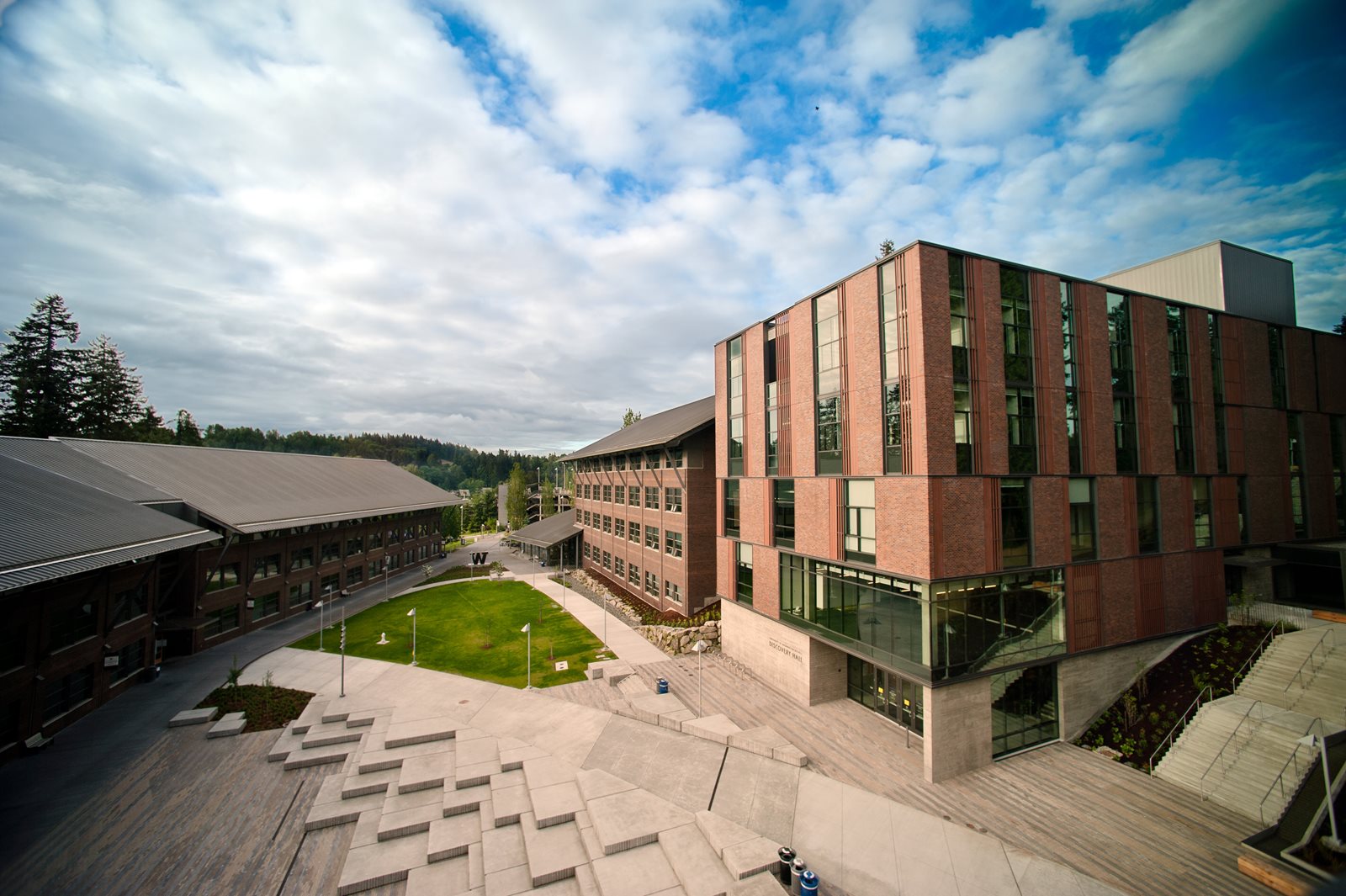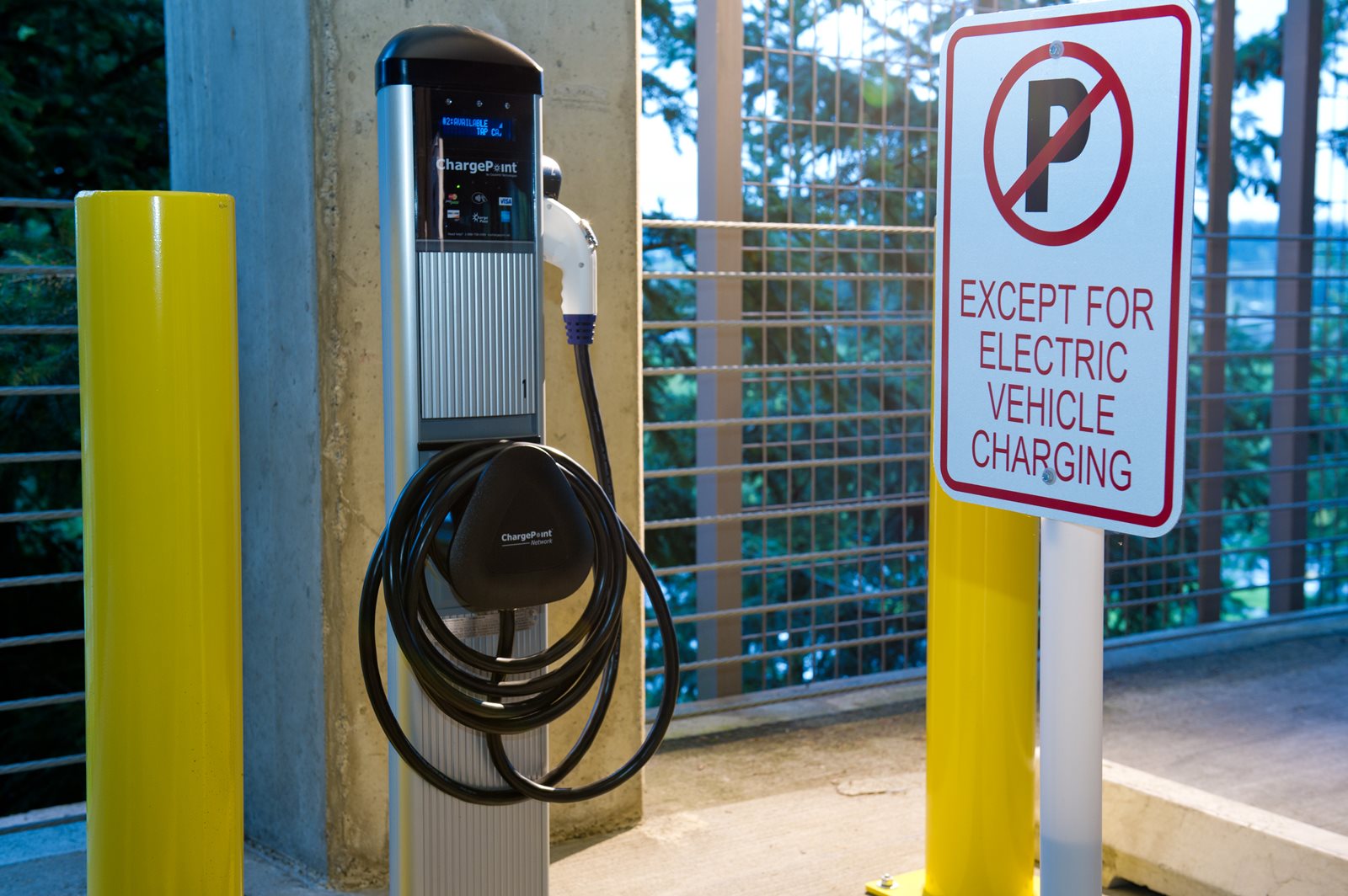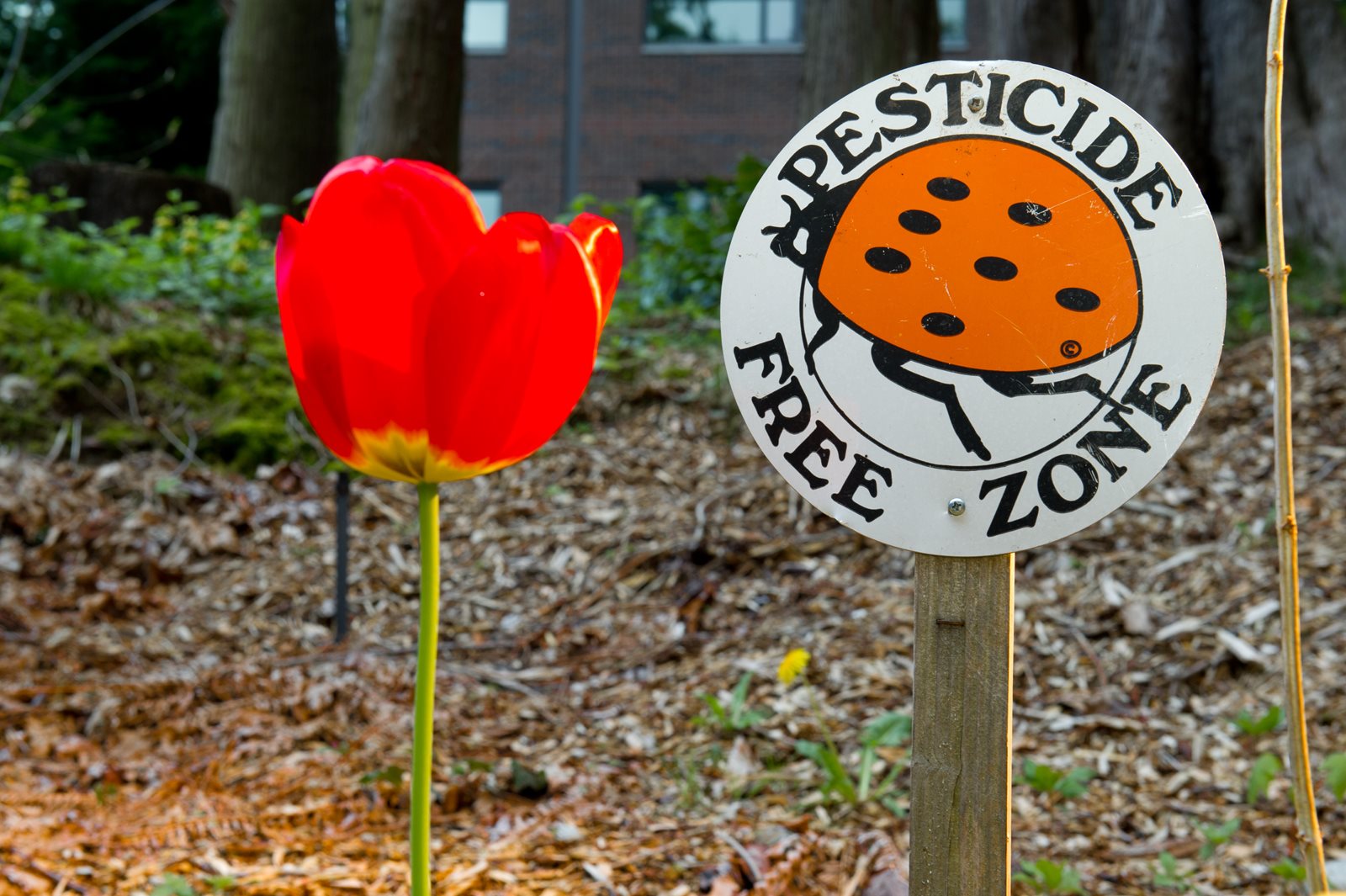The University of Washington Bothell is receiving national attention for sustainability. The professional organization for educational facilities managers, APPA, has given UW Bothell its 2017 Sustainability Award in Facilities Management.

Some of the facilities that won the award are the University’s solar arrays and energy efficient buildings, said Cassie Lubenow, sustainability coordinator. Also, organic landscaping practices and waste and stormwater management.
The award will be presented at APPA’s national conference in June in San Francisco. APPA – Leadership in Educational Facilities, is a century-old organization with members from 1,300 institutions throughout North America.
To win the award, Lubenow documented how UW Bothell has integrated sustainable policies and green practices throughout the institution: curriculum and research, leadership and administration, maintenance and operations, energy and utility, and planning and construction. Here are some specifics cited by Lubenow:
UW Bothell tracks electricity, natural gas and water use from utility bills and through building automation software. The data show trends for efficiency.
Software also tracks production and efficiency of solar arrays on the parking garages and library. The University plans to apply for a grant to complete another solar array on the Activities and Recreation Center.
UW Bothell’s newest building, Discovery Hall, achieved a Leadership In Energy and Environmental Design (LEED) Gold rating last year for its environmental and sustainable features. Gold is the second highest of four levels of certification. In addition to its energy efficient heating, ventilation and air conditioning system, Discovery Hall is oriented to optimize the use of sunlight. Sensors turn off lights in unoccupied areas. It has a 32 percent energy reduction, compared to a similar building not built to LEED standards. All new construction must be built to LEED silver standards or higher.

The University of Washington tracks its greenhouse gasses. Exhausts from commuting make up the majority of UW Bothell’s emissions. They have increased since 2000 because of student population growth, but emissions calculated per student are decreasing. The UW has a climate action plan that has the goal of climate neutrality by 2050 for all three UW campuses.
There are 12 electric vehicle charging stations in the best parking garage spots on the UW Bothell campus, and community members are allowed to charge their EV’s for free while they park.

The campus has been pesticide and synthetic fertilizer free since 2006. The grounds team practices organic land care on all campus grounds, including the maintenance of the 58 acres of restored wetlands.
UW Bothell composts food and yard waste on site. The grounds team manages a bin of red wriggler worms to compost food from a campus Subway restaurant, coffee grounds from campus cafes and expired newspapers from the library.




